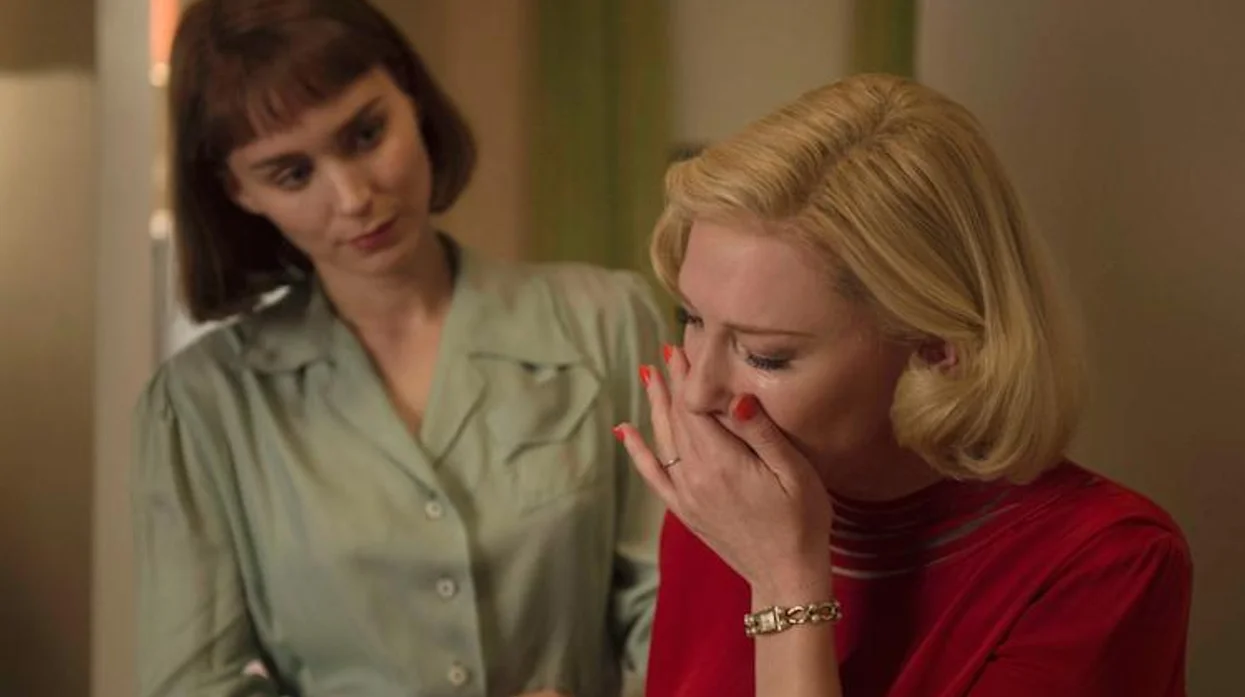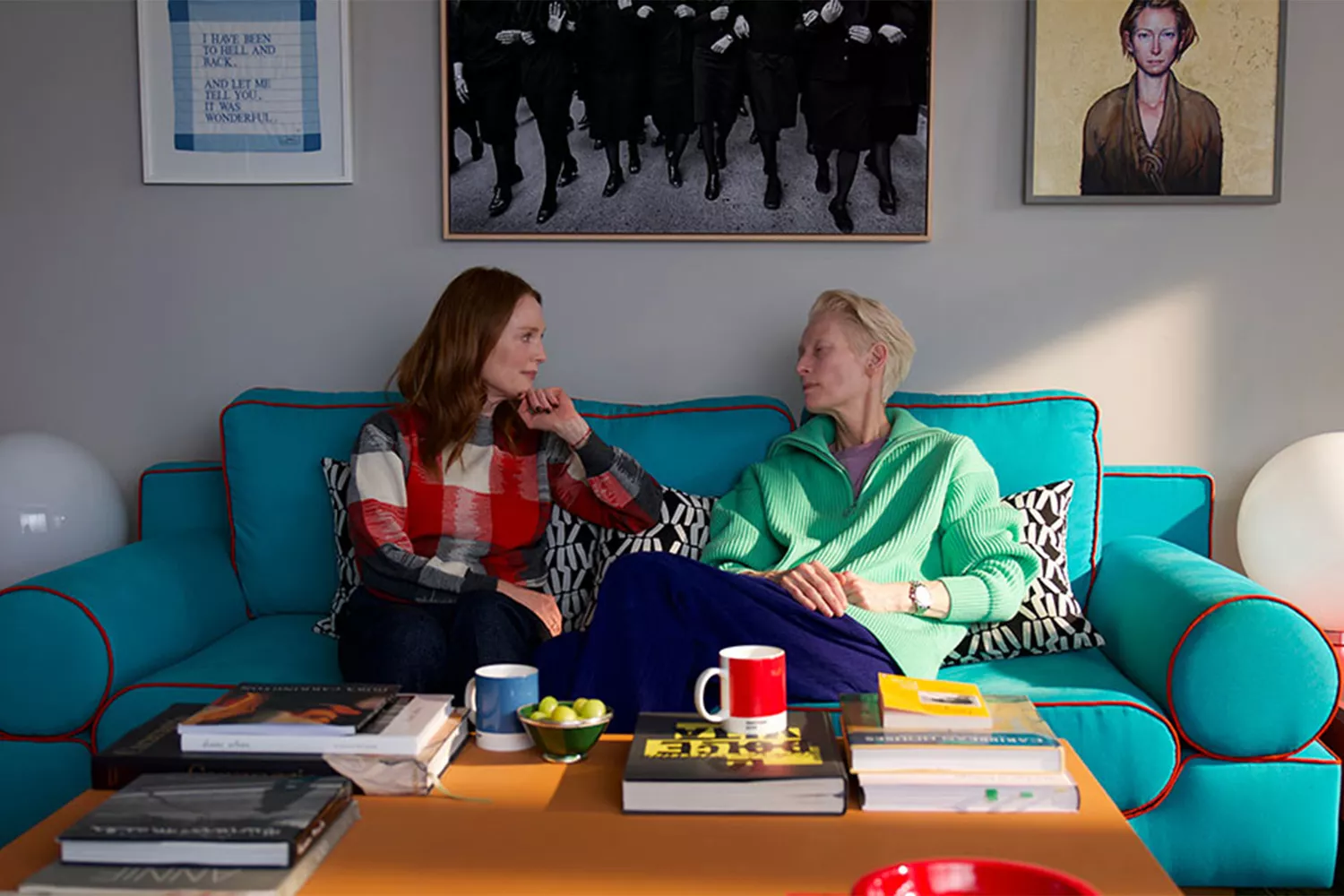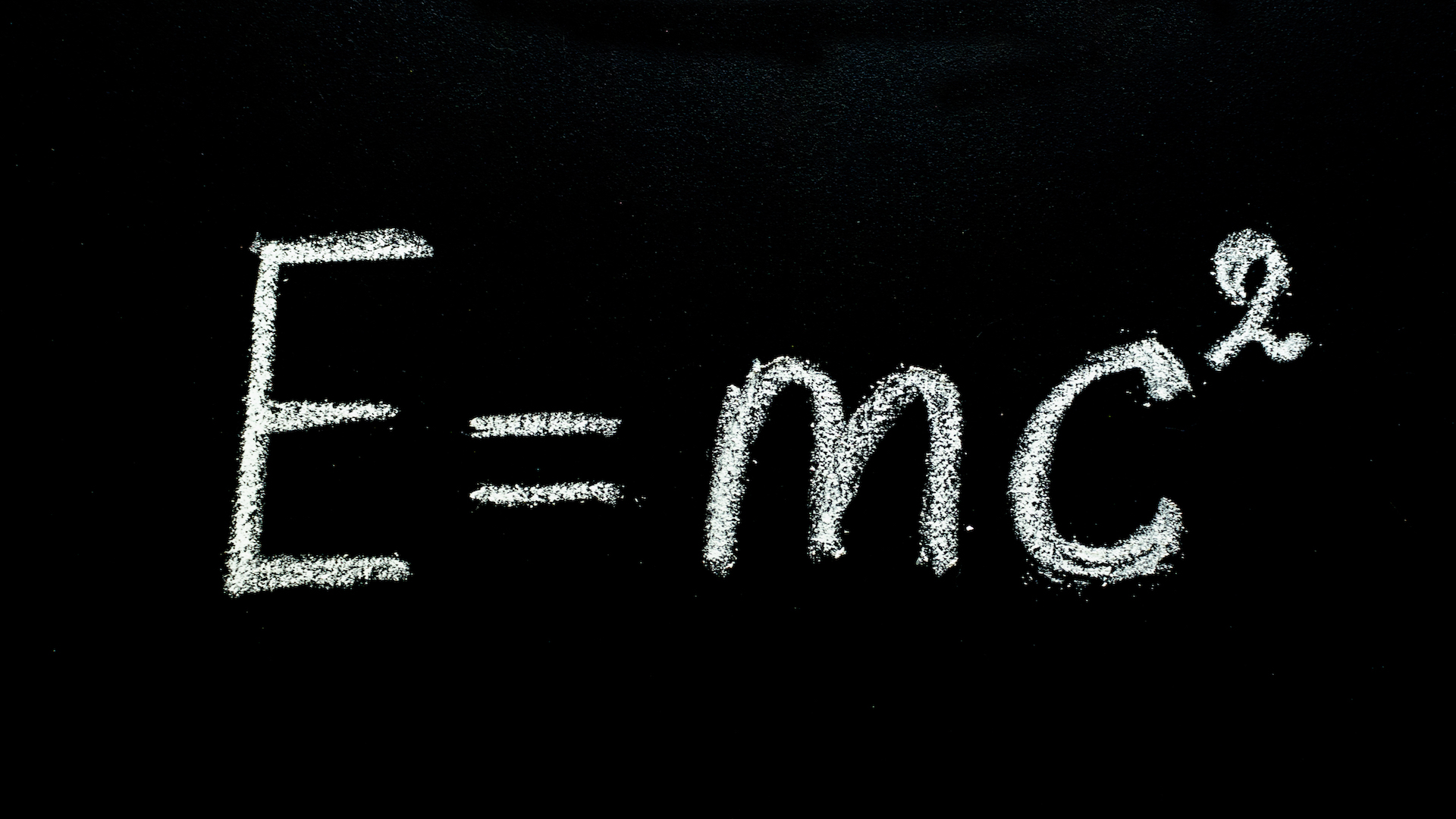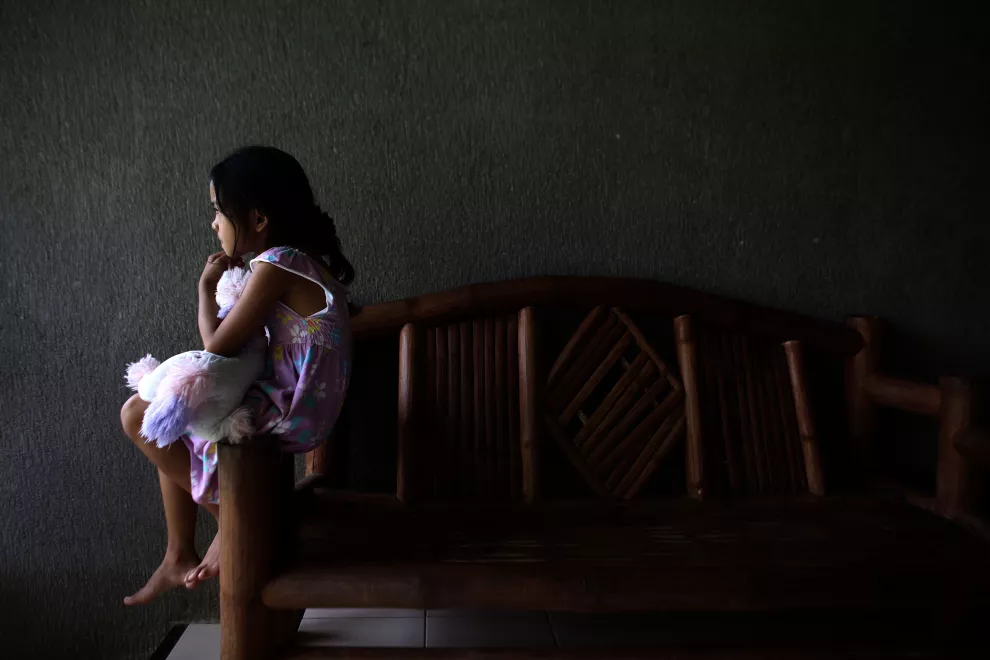It’s a crucial aspect of the critically acclaimed lesbian film.
In 2012, Fox News interviewed author Bob DeMoss, who expressed shock at encountering explicit content during a Delta flight, including a scene where a character dramatically unveiled her breasts. Delta passengers watching Todd Haynes’ beautifully crafted period romance Carol, released the previous year, won’t face such surprises. The airline is currently screening an edited version of the film that omits all intimate scenes between the two main characters, including every kiss between Cate Blanchett and Rooney Mara’s characters. This omission is quite significant to the film's narrative.
Comedian Cameron Esposito voiced her frustration on Twitter regarding the heavily edited version of the film. Other queer women who viewed Carol for the first time on flights mistakenly believed this lack of intimacy was Haynes’ directorial choice. “By the way, my seatmate was watching something with Paul Giamatti doing BDSM with a lady, but Carol had no kissing!? VERY MAD,” Esposito tweeted, echoing the sentiments of many.
Lesbian-focused site AfterEllen contacted Delta's Corporate Communications, which clarified that two versions of the film are provided by the studio: one edited and one unedited. The edited version removes explicit scenes that do not comply with Delta’s guidelines and, notably, all kissing. The unedited version includes both the kissing and the explicit scenes, but because of the latter, Delta opted for the edited cut. “This is consistent with what is available to all airlines,” they concluded.
Phyllis Nagy, the film’s screenwriter who adapted it from Patricia Highsmith’s 1952 novel The Price of Salt, later tweeted that American and United Airlines are among the few that have chosen to show the unedited version. “Makes zero sense without the intimacy,” she remarked.
As news of the censorship spread, users on Twitter launched the #freecarol hashtag to express their discontent with the edited version. Much of the criticism was aimed at Delta, but considering the airline's statement, perhaps the Weinstein Company should also be held accountable for offering an edited version that fundamentally contradicts the film's essence. AfterEllen has reached out to the studio for a response, but none has been forthcoming.
There’s a long and troubling history of homosexuality in film being reduced to subtle, coded behavior (see The Celluloid Closet documentary or Steven Spielberg’s The Color Purple, where he minimized the book’s central lesbian romance to achieve a PG-13 rating). When Highsmith published The Price of Salt, it was rare for lesbian characters to survive their stories, let alone do so with dignity. Even today, over 60 years later, the relatively happy ending for the film’s lesbian protagonists remains exceptional. Thus, censoring Carol to a series of discreet glances is not only regressive but also reflects a broader homophobic tendency within the film industry

























0 Comments